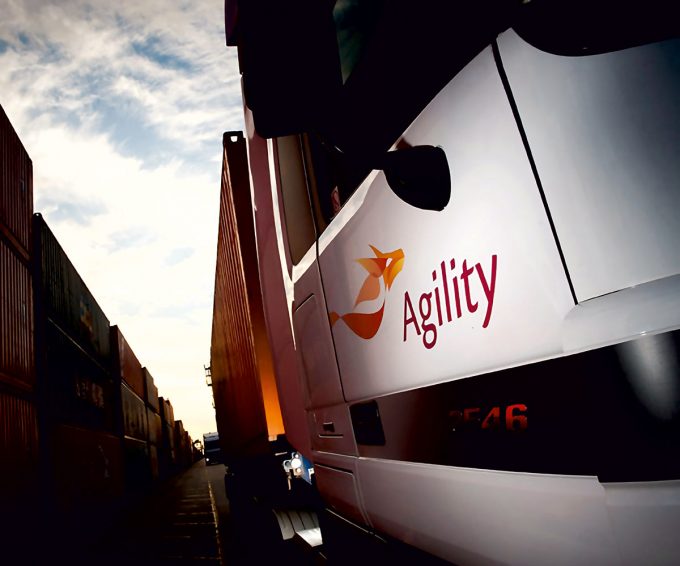UPS to cut 20,000 jobs in network reconfiguration
And so it starts. UPS, while announcing a better-than-expected profit, also enthused investors with its ...

Agility, which is aligning itself in the ‘digital’ forwarder category, has announced a mixed set of results for its third quarter, as challenges in the freight forwarding industry hit its logistics division.
Its Global Integrated Logistics (GIL) business saw ebitda fall 1% year on year to KWD7.8m ($25.6m), ...
MSC switches two more Asia-Europe port calls from congested Antwerp
Canada and Mexico get cosy with trade plan to bypass US
Front-loading frenzy has made traditional H2 peak season 'unlikely'
Tradelanes: Export boom in Indian sub-continent triggers rise in airfreight rates
Carriers introduce surcharges as congestion builds at African ports
Mexican airport modernisation plan unlikely to boost cargo facilities
Tradelanes: Overcapacity on Asia-S America impacting alliances and rates
Ports and supply chain operators weigh in on funding for CPB

Comment on this article